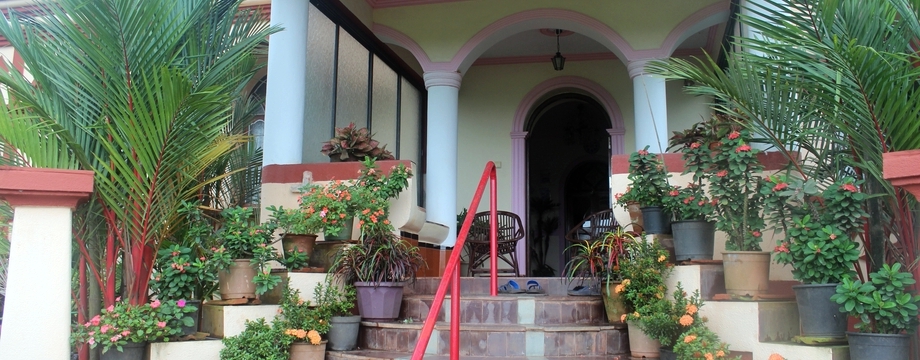Languages have their peculiarities, and it may not always be easy or even possible to translate a phrase or sentence from one language to another with complete accuracy. At times it is a question of economy of words. We have earlier mentioned the present habitual tense which is embedded so seamlessly in Konkani grammar (Please refer to The Bees in a Goan’s Bonnet) but has a more involved format in English. With other words or phrases it could be the other way around, and hispa bhair may be considered an example of that, it being slightly less economical than the English “much too”.
“Very” and “too” are similar words, except that “too” implies some sort of an expectation. When we, for instance, say “Pedru ekdomm lamb” or “Pedru is very tall”, what we basically mean is that he is more than average in height. But if we say that he is too tall, we imply something more than that. There is a sort of a norm, requirement or judgement involved: he is taller than he ought to have been. The Konkani equivalent of very is ekdomm, while too is usually expressed as chôdd or chodd, depending on the gender and number of the subject in the sentence.
However, when we say, “Pedru is much too tall”, we take the attribution one step farther. And that is exactly what hispa bhair would mean. In Konkani we would say, “Pedru hispa bhair lamb“.
The two words comprising the phrase are hispa and bhair. Hispa is the singular flex stem of hixôp, meaning account, computation, or reckoning. Bhair here is a postposition which means “outside of”, or “beyond”. So “Pedru hispa bhair lamb” means “Pedru is tall beyond reckoning” which is equivalent to “Pedru is much too tall.”
Here are some more examples of the use of hispa bhair:
Az nistem hispa bhair mharog = Fish is much too expensive today
Kal mhaka hispa bhair chodd kamm poddlem = Yesterday I had much too much work
Canadak hispa bhair chôdd thonddai = Canada is much too cold


